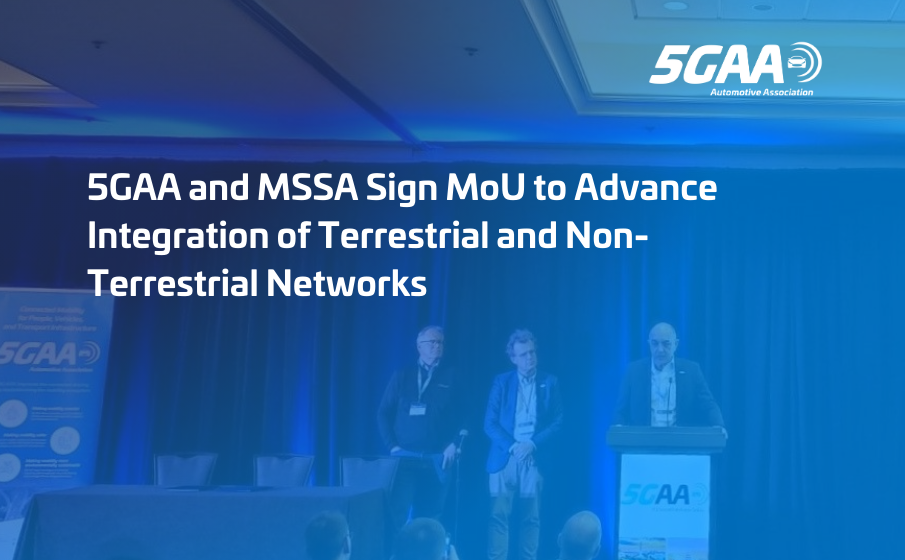
5GAA and MSSA Sign MoU to Advance Integration of Terrestrial and Non-Terrestrial Networks
The 5G Automotive Association (5GAA) has signed a Memorandum of Understanding with the Mobile Satellite Services Association (MSSA) to enhance global collaboration in integrating terrestrial and non-terrestrial networks (NTNs). The agreement was formalised during the Closing Ceremony of the 5GAA Meeting Week in Washington, D.C.
This strategic partnership establishes a framework for cooperation in key areas, including technological research and development, spectrum management, and the convergence of satellite and cellular networks. By leveraging 5GAA’s expertise in automotive connectivity and MSSA’s leadership in standards-based satellite networks, the collaboration aims to improve the reach, resilience, and efficiency of mobile connectivity for mobility and transportation applications.
The integration of NTNs with existing cellular networks is expected to play a crucial role in advancing connected and autonomous driving, enhancing road safety, and optimising intelligent traffic management. This partnership will also support the deployment of next-generation communication technologies such as Cellular Vehicle-To-Everything (C-V2X), essential for future mobility solutions.
Through this collaboration, 5GAA and MSSA will work together to share knowledge, coordinate technical and regulatory activities, and foster the development of innovative applications for both the automotive and broader mobile industries. The agreement highlight a shared commitment to scalable, standards-based solutions that address evolving global connectivity needs.
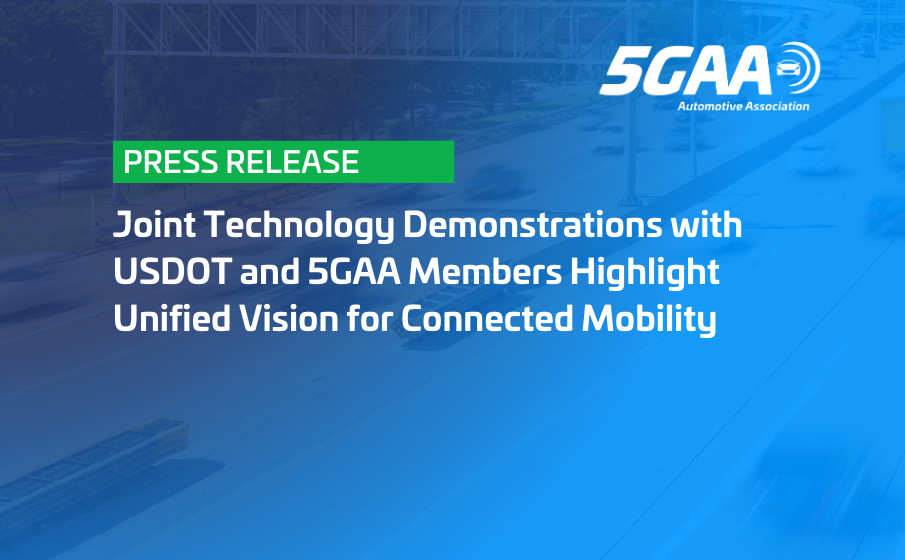
Joint Technology Demonstrations with USDOT and 5GAA Members Highlight Unified Vision for Connected Mobility
Washington, D.C., 6 February 2025 – For the first time, the U.S. Department of Transportation (USDOT) and members of the 5G Automotive Association (5GAA) have partnered to showcase the complementarity of Cellular Vehicle-To-Everything (C-V2X) direct and mobile network communications at the Federal Highway Administration’s Turner-Fairbank Highway Research Center.
The live demonstrations illustrated the potential of connected-vehicle technologies to make American roads safer and more efficient. This public-private initiative also outlined the benefits of interworking communication modes for a unified transportation system.
“5GAA commends USDOT for its leadership in advancing V2X technology through government-industry collaboration, critical for nationwide deployment,” said 5GAA Chairman Christopher Voigt. “We applaud USDOT’s commitment to seizing the full safety potential of V2X by integrating direct and mobile network communications to achieve 360° awareness.”
Participants had the opportunity to experience several use cases:
- Verizon showcased near real-time alerts enabled by C-V2X mobile network communications and mobile edge computing (MEC). Demonstrated capabilities included connected signalized intersection and delivery of pedestrian alerts, variable speed warnings, and weather warnings.
- Audi, in collaboration with Spoke and the Coalition for Cyclist Safety, used C-V2X direct communications to address safety scenarios that often result in cyclist fatalities. The seamless integration of aftermarket solutions and in-vehicle systems is a clear example of leading automakers’ increasing interest in this technology.
- Autotalks illustrated how C-V2X direct communications can prevent same-lane accidents: in their demo, a car swerved abruptly to avoid a stopped bicycle, showcasing the system’s potential to protect cyclists outside intersections.
5GAA also gathered industry and government leaders to identify main drivers for deployment, such as the reauthorization of federal transportation funding. The event underpinned the critical role of C-V2X in achieving USDOT’s National Roadway Safety Strategy targets, as well as the industry’s commitment to help implement the National V2X Deployment Plan released in August 2024.
With this, the foundation is laid to leverage the existing tens of millions of connected road users and accelerate the nationwide rollout of connected-vehicle and connected-road infrastructure technologies, bringing us closer to the shared vision of zero traffic fatalities on American roads.
About 5GAA
The 5G Automotive Association (5GAA) is a global, cross-industry organization of more than 110 members, including leading global automakers, Tier-1 suppliers, mobile operators, semiconductor companies, and test equipment vendors. 5GAA members work together to develop end-to-end solutions for future mobility and transport services. 5GAA is committed to helping define and develop the next generation of connected mobility, automated vehicles, and intelligent transport solutions based on C-V2X. For more information about 5GAA, please visit www.5GAA.org.
For further information please contact:
5GAA Marketing & Communications – Marcom@5GAA.org
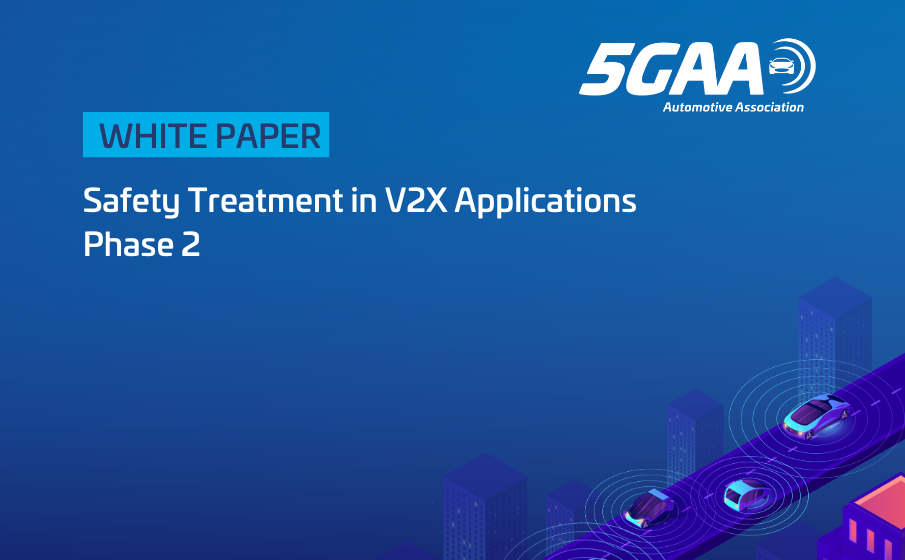
White Paper: Safety Treatment in V2X Applications, Phase 2
As automated driving increasingly relies on connectivity, ensuring trusted information exchange is critical for functional safety. This 5GAA whitepaper on Safety Treatment in Connected and Automated Driving (STiCAD II) builds on the initial STiCAD I guidelines, addressing open challenges in applying safety treatment to V2X-enabled automated driving functions. It explores use cases requiring safety treatment, introduces the concept of mutual trust in V2X communications, and examines potential standardisation contributions from 5GAA.
Download the full document here.
A related technical report offers complementary in-depth analysis and implementation insights.
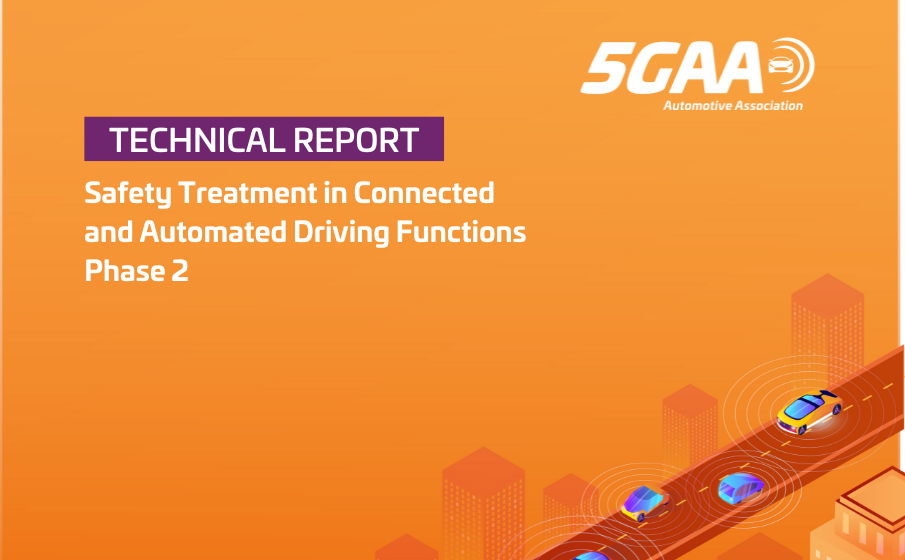
Technical Report: Safety Treatment in Connected and Automated Driving Functions, Phase 2
The 5GAA Technical Report on Safety Treatment in Connected and Automated Driving (STiCAD II) documents the latest findings on enhancing safety in V2X-enabled automated driving. Building on the first STiCAD work item, this report explores additional use cases requiring safety treatment, such as sensor sharing and automated valet parking, and introduces a simplified functional safety analysis approach. A key focus is the mutual trust concept, covering technical, organisational, and certification aspects essential for reliable V2X communication. The report also examines potential standardisation contributions and network reliability enhancements.
Download the document here.
A related white paper provides a high-level overview.
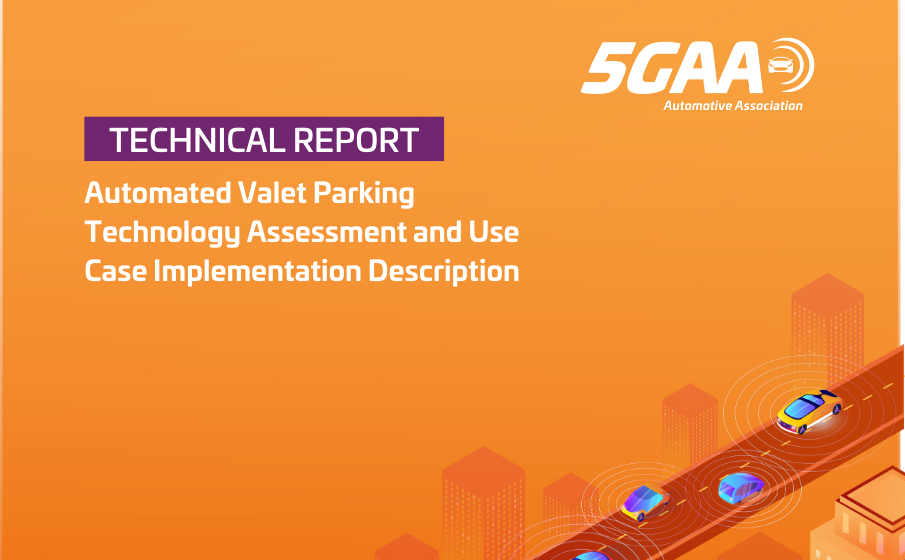
Automated Valet Parking Technology Assessment and Use Case Implementation Description
The 5GAA Technical Report on Automated Valet Parking (AVP) Type-2 outlines the technological framework and implementation details for driverless parking systems. It explores the role of Vehicle-to-Everything (V2X) communication, cellular public networks, Stand-alone Non-Public Networks (SNPN), and PC5 Direct Communication in enabling seamless and secure AVP operations. Key aspects include system architecture, interoperability, security, and deployment considerations. The report emphasises standardisation to ensure cross-vendor compatibility and provides recommendations for optimising network performance. Serving as a reference for automotive and telecommunications stakeholders, it offers actionable insights into scaling AVP solutions while addressing critical safety and operational challenges.
Find the document here.
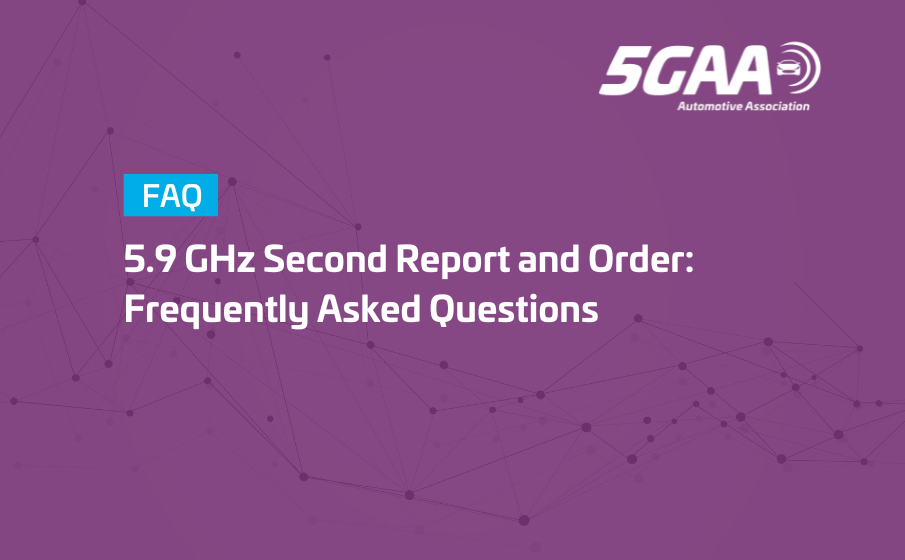
5.9 GHz Second Report and Order: Frequently Asked Questions
To support the transportation community in navigating the FCC’s Second Report and Order on the 5.9 GHz band, 5GAA has published a comprehensive FAQ document. This resource provides detailed guidance on the transition to Cellular Vehicle-to-Everything (C-V2X) technology and the final operational rules by outlining key regulatory changes, technical specifications, and compliance timelines—addressing topics such as equipment authorization, licensing requirements for Onboard Units (OBUs) and Roadside Units (RSUs) and channelization standards. The document also includes step-by-step appendices for obtaining equipment authorization and RSU licensing.
Access the FAQ here to gain a thorough understanding of the new regulations and their impact on Intelligent Transportation Systems
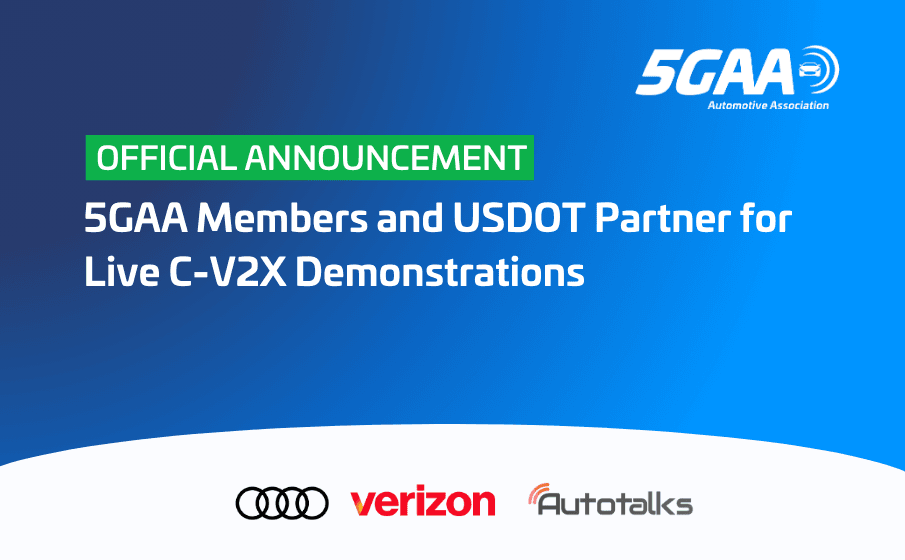
Official Announcement: 5GAA Members and USDOT Partner for Live C-V2X Demonstrations
The 5G Automotive Association (5GAA) is pleased to support a joint demonstration of Cellular Vehicle-to-Everything (C-V2X) technology by the U.S. Department of Transportation (USDOT) and several 5GAA members.
The event will take place on February 5-6 at the Federal Highway Administration’s Turner-Fairbank Highway Research Center in the Washington, D.C. metropolitan area.
In partnership with 5GAA members Audi, Verizon and Autotalks, these live demonstrations will underscore the potential of C-V2X technology to protect all road users, improve traffic flow, and create a more unified transportation system. Participants will also witness how C-V2X direct and mobile network communications complement each other, with the potential to enable 360° awareness.
This marks the first dedicated event of its kind and reaffirms the commitment from industry to support the USDOT in deploying lifesaving V2X technologies. The insights gathered from these demonstrations, as well as from 5GAA’s conference and concurrent roundtables, will inform the path forward for nationwide deployment.
5GAA welcomes this opportunity to work alongside USDOT and key stakeholders, laying the groundwork for continued collaboration to drive innovation and accelerate mass-market adoption of C-V2X for safer, smarter mobility across the United States.
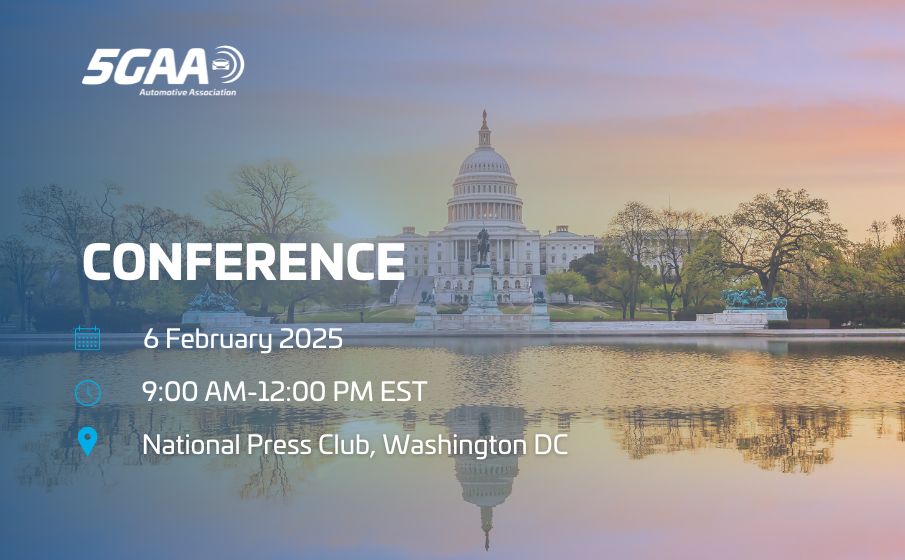
5GAA Conference: Driving the Future of V2X Deployment in the US
On Thursday, 6 February, the 5G Automotive Association (5GAA) will host its highly anticipated conference “US V2X Vision: Bridging Gaps and Accelerating Deployment in the US,” bringing together industry leaders, policymakers, and stakeholders to discuss the future of connected transportation in the United States.
Event Details
Date: February 6, 2025
Time: 9:00 AM – 12:00 PM (EST)
Location: National Press Club, Washington DC
The event will also provide a platform for in-depth discussions on the progress, challenges, and opportunities in achieving a fully connected and automated mobility ecosystem in the US.
Key Themes
As the US Department of Transportation (USDOT) advances its National V2X Deployment Plan, and with recent adoption by the Federal Communications Commission (FCC) of the Second Report and Order on the 5.9 GHz band, this conference will focus on:
- Current achievements and deployments in vehicle-to-everything (V2X) technology;
- The impact of regulatory milestones on deployment progress;
- Priorities for the next administration to accelerate nationwide adoption.
With high-level speakers and key stakeholders attending, the conference promises actionable insights and collaborative discussions to drive innovation and deployment forward.
Panels
The conference will be centred around two dedicated panels:
- “How US States are Deploying C-V2X”: This session will include representatives from the US Department of Transportation and State Departments of Transportation, highlighting the deployment efforts and lessons learned across the country.
- “How Chattanooga Sees C-V2X as a Bridge to its Future”: Featuring representatives from 5GAA and the Mayor of Chattanooga, this panel will explore the city’s forward-thinking approach to using C-V2X as a key enabler for its mobility goals.
Check out the agenda and stay tuned for event highlights and key takeaways, which will be shared on the 5GAA website and social media following the conference!
Marketplace
Welcome to the 5GAA Marketplace. Here, you can find a wide range of V2X communication solutions including various devices, software, and services aimed at enhancing vehicle connectivity and safety. Our marketplace exclusively features products from 5GAA members and showcases the latest advancements in connected mobility. Discover innovative solutions tailored to meet the evolving needs of the automotive industry.
The C-V2X products showcased in the 5GAA marketplace are provided by member companies of the 5G Automotive Association (5GAA). The 5GAA itself does not produce or sell these products. For the most accurate and up-to-date information, please refer directly to the respective member companies.
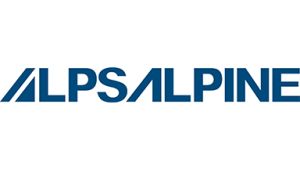
Alps Alpine
Products: UMCC1B, UMNZ1
Category: Devices
Type: Module

Applied Information
Products: AI-500-065-02, AI-500-095
Category: Devices
Type: OBU,RSU
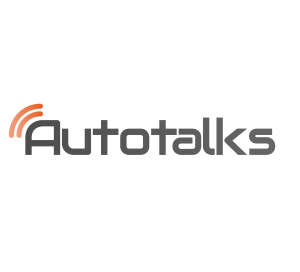
Autotalks
Products: SECTON,CRATON2, TEKTON3, SECTON3, ZooZ3
Category: Devices
Type: Chipset,OBU

CICTCI
Products: DMD3A, DMM5x, VU4004, VU4105, VU40E4, RU3110E, RU5000E
Category: Devices
Type: Module,OBU,RSU
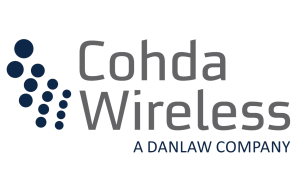
Cohda Wireless
Products: MK6 OBU, MK6 RSU
Category: Devices
Type: OBU,RSU
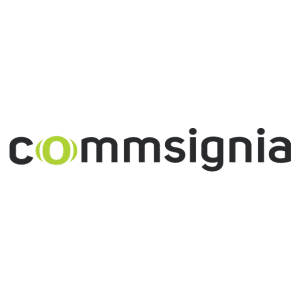
Commsignia
Products: ITS-OB4,ITS-RS4
Category: Devices,Software & Services
Type: OBU,RSU,V2X Security
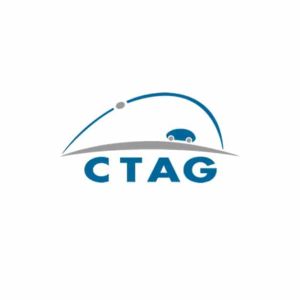
CTAG
Products: CTAG V2X,HMCU-OBU,HMCU-RSU
Category: Devices,Software & Services
Type: OBU,RSU
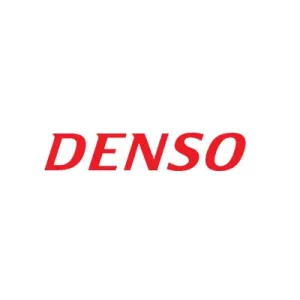
DENSO
Products: MobiQ
Category: Devices
Type: OBU,RSU
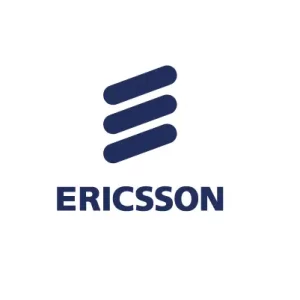
Ericsson
Products: Cradlepoint R980, Cradlepoint R2100
Category: Devices
Type: OBU
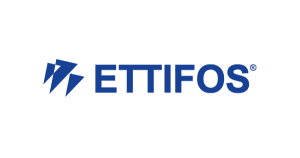
Ettifos
Products: OBUs, RSUs, AVDs
Category: Devices
Type: OBU,RSU
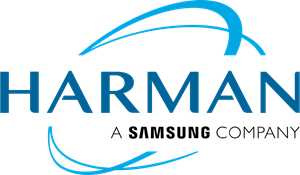
HARMAN
Products: Harman Ready Aware, Harman Ready Connect
Category: Devices,Software & Services
Type: Cloud Platform,TCU

Huawei
Products: RSU5201
Category: Devices
Type: RSU
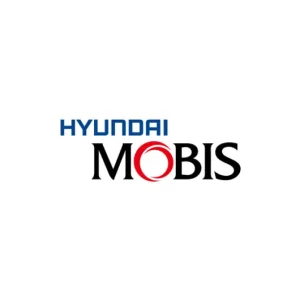
Hyundai Mobis
Products: MTCU
Category: Devices,Software & Services
Type: OBU,RSU
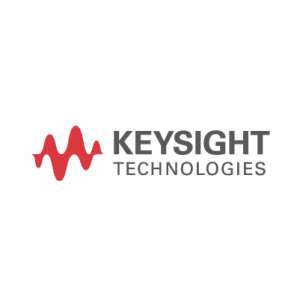
Keysight
Products: V2X Simulation,V2X Validation,WaveBee Plus Av1022A,WaveBee Road AV1023A
Category: Devices,Software & Services
Type: Simulation & Validation
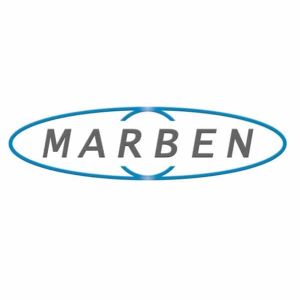
Marben
Products: MARBEN V2X,MARBEN VahanSim
Category: Software & Services
Type: Simulation & Validation,V2X Security
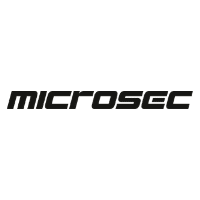
Microsec
Products: Microsec V2X PKI SCMS (IEEE+CAMP),Microsec V2X PKI CCMS (ETSI)
Category: Software & Services
Type: Cloud Platform,V2X Security
Monotch
Products: Traffic Live Exchange (TLEX)
Category: Software & Services
Type: Cloud Platform

Qualcomm
Products: Snapdragon Auto Connectivity Platform, Snapdragon Auto 5G Modem-RF Gen2 (with integrated C-V2X), C-V2X 9150, Snapdragon Telematics Application Framework, Snapdragon Car-to-Cloud Services
Category: Software & Services
Type: Chipset,Cloud Platform,V2X Security
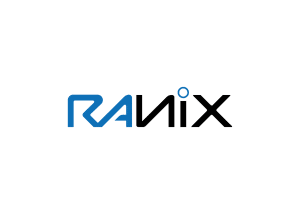
RANiX
Products: RXV200
Category: Devices
Type: OBU
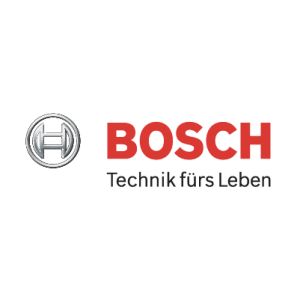
Robert Bosch GmbH
Products: Connectivity Control Unit for Commercial vehicles, Cloud-based wrong-way driver warning, Connected Maps Services, Road Signature
Category: Devices,Software & Services
Type: Cloud Platform,TCU
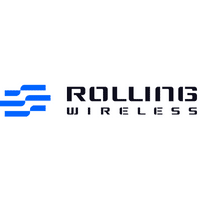
Rolling Wireless
Products: RX135X, RX145x, RN93xx, RN94xx, V2X stack & apps
Category: Devices,Software & Services
Type: Module,V2X Security
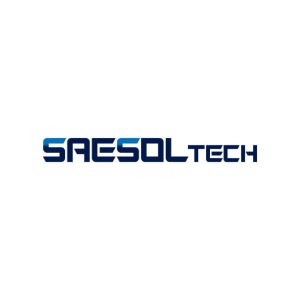
SAESOL Tech
Products: V2X Security Platform, V2X PKI Server, V2X Security Test System
Category: Software & Services
Type: V2X Security

Verizon
Products: Edge Transportation Exchange
Category: Software & Services
Type: Cloud Platform,IoT

Vodafone
Products: Safer Transport for Europe Platform (STEP)
Category: Software & Services
Type: Cloud Platform
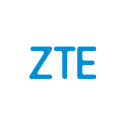
ZTE
Products: ZM9200, ZM8350, Y9000, Y2000, Y2001
Category: Devices
Type: Module,OBU,RSU
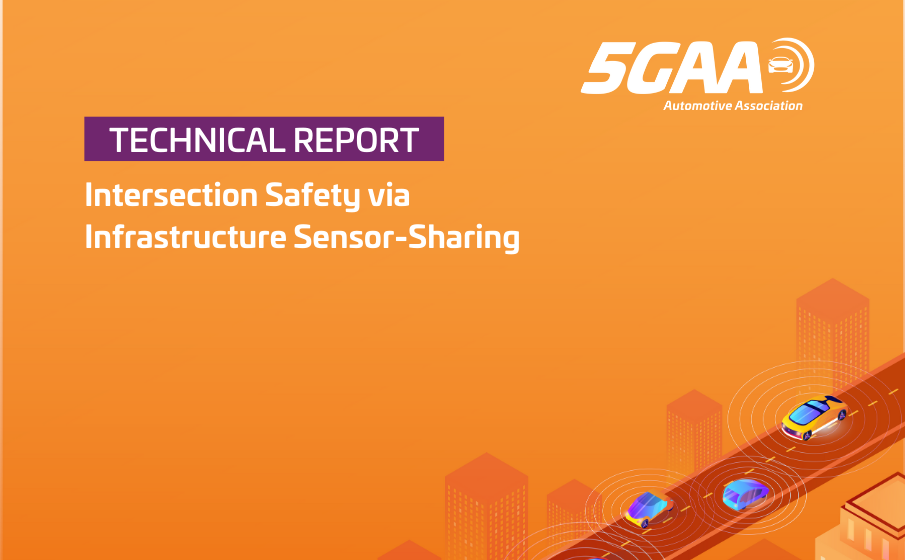
Intersection Safety via Infrastructure Sensor-Sharing
Intersections are a hotspot for traffic fatalities and injuries globally, with nearly a quarter of U.S. traffic fatalities and half of all injuries occurring in these high-risk areas. To address this, the 5GAA has developed a technical report on the ‘InterSafe Service,’ an approach leveraging infrastructure sensor-sharing to increase intersection safety for all road users, especially Vulnerable Road Users (VRUs) like pedestrians and cyclists.
This report explores key use cases, system requirements, and deployment options for integrating Vehicle-to-Everything (V2X) communication technologies with infrastructure sensors. It outlines a framework for developing interoperable, standardised solutions that can operate efficiently within existing Intelligent Transportation System (ITS) spectrums. Crucially, the service is designed to deliver safety benefits even during the early stages of V2X adoption, when only a fraction of vehicles are equipped with these technologies.
The document also provides recommendations for global standards organisations, such as SAE International and ETSI, to expedite the development of system-level profiles. By fostering collaboration across stakeholders, the InterSafe Service has the potential to significantly reduce intersection-related incidents and accelerate the adoption of life-saving technologies worldwide.


